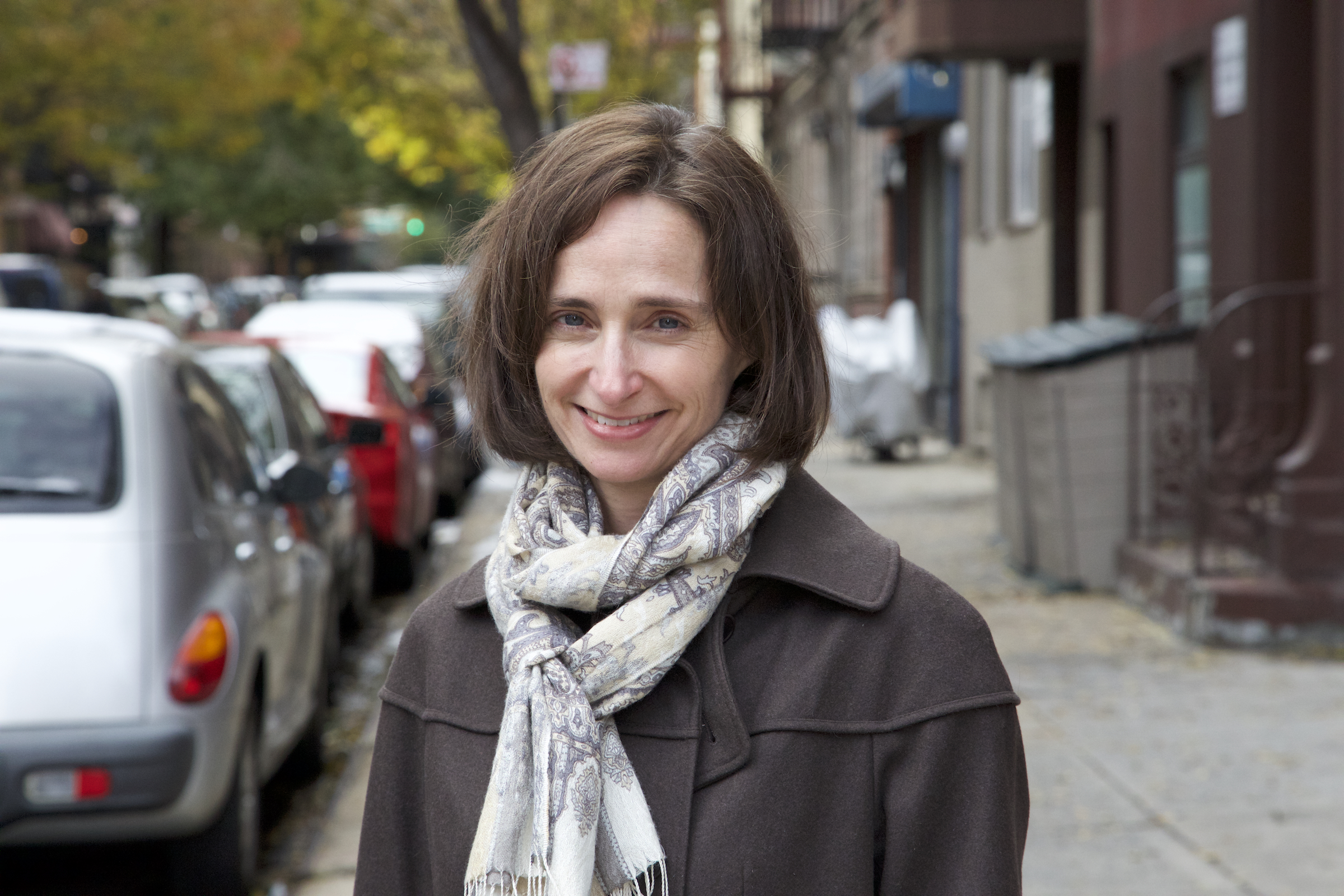Can a collection of individual stories tell us as much about society, as a sweeping retrospective written by a historian or a journalist? Rachelle Friedman and Nathalie Roussel, Secondary teachers at the Lycée, would argue, yes, and they ventured to explore this idea in their parcours for seventh graders this year, called Racines, or roots in English.
Over the course of one semester, students in their class were asked to identify a person in their family they wanted to get to know better and to use the lens of that person’s experience to find out about themselves, their families and also to better understand a historical period.
“Asking students to explore their identity and to move outside of their own experience is important, and at their age, good timing. It’s about getting them to be introspective and helping them become curious,” says Mrs. Roussel, who teaches French literature at school.
Researching the stories took a lot of time. Students were tasked with thinking about a person in their family they wanted to know better. They looked through family photos, conducted online research and, if the person was still living, they were asked to film or audio record an interview with them. If a family member was deceased, they interviewed a living relative about them.
Says Rachelle Friedman, who teaches US and world history, “Creating micro-histories of their family’s experiences gives students a context for the history they learn in class. But even more so, we saw an opportunity for students in Lycée families, whose parents move or may live abroad, to build a connection with their families at home.”
The results of their research were collected and edited into docu-stories of three minutes that integrated interviews with archival footage and old photographs, in some cases. In the Media Lab with Jeff Rogers, students learned video storytelling and editing techniques, such as the Ken Burns effect for animating still images and how to edit audio against images to move a story forward in a compelling way. They spent an entire class period screening and critiquing each other’s work.
The results are remarkably moving and surely a beautiful means to build a stronger connection between generations. Students discovered their grandparents and great-grandparents were eyewitnesses to some key moments in history, like World War II, the creation of the European Economic Community, and the rise of Duvalier in Haiti. They also found personal experiences to relate to like falling love, moving to a new school, and leaving home.
Says Fanny, whose grandmother told her about her move from Bay Ridge to Flatbush in fourth grade, “She was sad because she had to leave her friends behind. She stood at the front of her new class, and the nun who was her teacher took a long time to help her pick her seat. She felt self-conscious.”
“In this parcours, we’re listening and guiding students, and that creates a different type of relationship between us and the students,” adds Nathalie. “We help them think about where they want to go with the work, but they have to do their own research and think for themselves about the kinds of questions they wanted to ask.”
All that guided autonomy has yielded a collection of stories that offer a window into the different backgrounds, lives and family journeys of our polyglot student body.
Here are three examples:
Duvalier in Haiti (Daphne)
A Child in France in World War II (Charlotte)
Growing up in Italy (Chiara)
About the Author :
Elisabeth King joined the Lycée team in November 2011 as the school’s first director of communications. A francophile at heart, Elisabeth spent her junior year of college in Paris, and held her first job at the French Trade Office here in New York. She brings to the Lycée over 15 years of experience in media and communications in non-profits, government, news and business. She was previously executive vice president and director of strategy at ABI, Inc., a boutique public relations agency, and she worked as associate editor on two books co-authored by Todd Brewster and the late ABC News anchor Peter Jennings.


